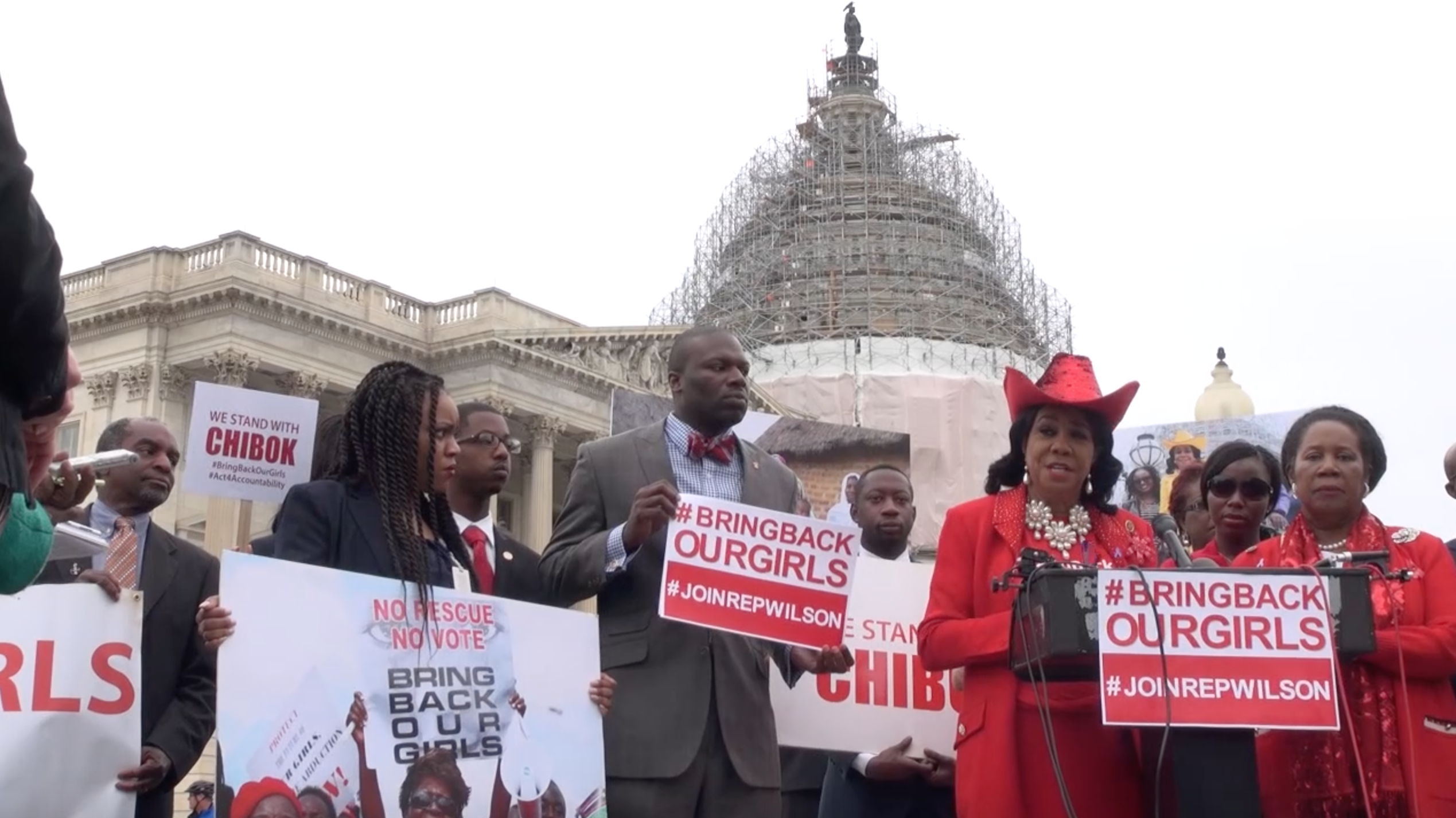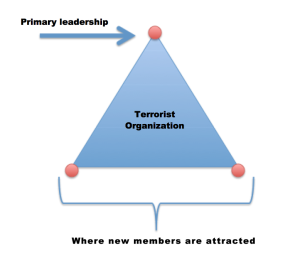WASHINGTON — As ISIS captures land and headlines and President Barack Obama pivots toward the Pacific, it can seem understandable that the backwater state of Somalia has received less press than in years past.
As if to remind the United States —and the world— of the serious crisis still unfolding in the Horn of Africa, gunmen linked to the Islamist extremist al-Qaeda affiliate al-Shabaab stormed a university in neighboring Kenya in early April, killing 147, after systematically determining which among the students were Christians.
It is the deadliest attack inside Kenya since the 1998 US embassy bombing carried out on the orders of Osama bin Laden, and one that has many analysts worrying about the power of Islamic extremists in this impoverished corner of the world.
Somalia has been considered a failed state since the early 1990s. Armed opposition to the rule of longtime Marxist strongman Mohamed Siad Barre eventually exploded into civil war in 1986; the situation was exacerbated by food and fuel shortages and famine, which killed hundreds of thousands. The presence of UN and African Union peacekeepers has been largely unable to quell the ongoing violence between various warlords and armed factions.
The failed nation has proved to be fertile ground for hardline Islamist groups like the Islamic Courts Union —which briefly controlled southern Somalia before being driven out by Ethiopian troops— and al-Shabaab (“The Youth”), a jihadist group founded by Soviet-Afghan War veteran Aden Hashi Farah in 2006.
Though Farah was killed by a US airstrike in 2008 —a fate shared by many of al-Shabaab’s “emirs”— the movement continues on. While no longer at the height of its power, the group continues to control wide swaths of the countryside in Somalia’s south. Recent operations —including the Westgate shopping center attack in Nairobi in 2013— indicate that even a weakened al-Shabaab is extremely dangerous.
Vanda Felbab-Brown, a senior fellow of foreign policy at the Brookings Institution’s Center for 21st Century Security and Intelligence, sees in al-Shabaab an increasingly dangerous and insidious threat.
“Compared to 2009, yes, Shabaab is weaker. But when I look at the issues in terms of security, it’s stagnating and at worst deteriorating,” she said.
Even though al-Shabaab no longer controls many major cities, Felbab-Brown said, the group’s influence is still widely felt. They control many small villages and roads and raise money by extorting travelers. Assassinations continue daily as al-Shabaab seeks to undermine confidence in the weak central government.
Asked about any potential links or similarities between a resurgent al-Shabaab and the more visible Islamic State of Iraq and Syria, Felbab-Brown is quick to highlight their differences. While al-Shabaab and ISIS may share some superficial similarities, she says, the Somali group has more in common with the Taliban than the Islamic State. Afghanistan, like Somalia, is a deeply tribal society, and tribal affiliations give al-Shabaab the resources it needs to thrive. And like the Taliban, al-Shabaab practices a “politics of exclusion” meant to disempower certain clans and religious minorities, a practice that suggests a preoccupation with local politics, not global jihad.
While both al-Shabaab and ISIS operate like Islamic armies, their aims and ideologies are different. According to Felbab-Brown, al-Shabaab seems to limit its horizons to Somalia specifically. Unlike the Nigerian Boko Haram, the Southeast Asian Jemaah Islamiyah and the Filipino Abu Sayyaf, al-Shabaab has not pledged allegiance to ISIS “caliph” Abu Bakr al-Baghdadi and shows little enthusiasm for a unified caliphate in their propaganda videos.
“They are struggling with the relationship they have with ISIS and al-Qaeda,” Felbab-Brown said.
Though there is some fear that foreign fighters trained by al-Shabaab may launch attacks in the West, such instances are few and far between, with most international jihadis flocking to ISIS. The real danger of al-Shabaab, Felbab-Brown said, is the possibility that the group will extend its reach. From bases inside Somalia, the jihadi group has ready access to East African countries —many of them US allies— that have so far been spared from the scourge of Islamist violence. Western embassies might also find themselves targeted.
As al-Shabaab regroups, the international community seeking to rebuild Somalia faces new challenges. Beside Islamic extremists, the UN and AU must contend with widespread corruption, an unpopular leadership, militant separatist groups, Ethiopian and Kenyan proxy forces and an unstable economy. For its part, the US has limited its involvement in Somalia as of late. Though the United States occasionally conducts drone strikes against al-Shabaab, fear of upsetting the delicate peace process and killing civilians means that drones are used less liberally there than in Yemen and Pakistan.
Experts like Felbab-Brown are urging the international community to take a new approach: hold Somalia accountable for governmental failures, even if that means confronting allies. Such steps are needed, they say, if ordinary Somalis are to see the government as a legitimate alternative to al-Shabaab.
“They [al-Shabaab] are not good governors. But Somalis often choose between the lesser of two evils,” Felbab-Brown said.









